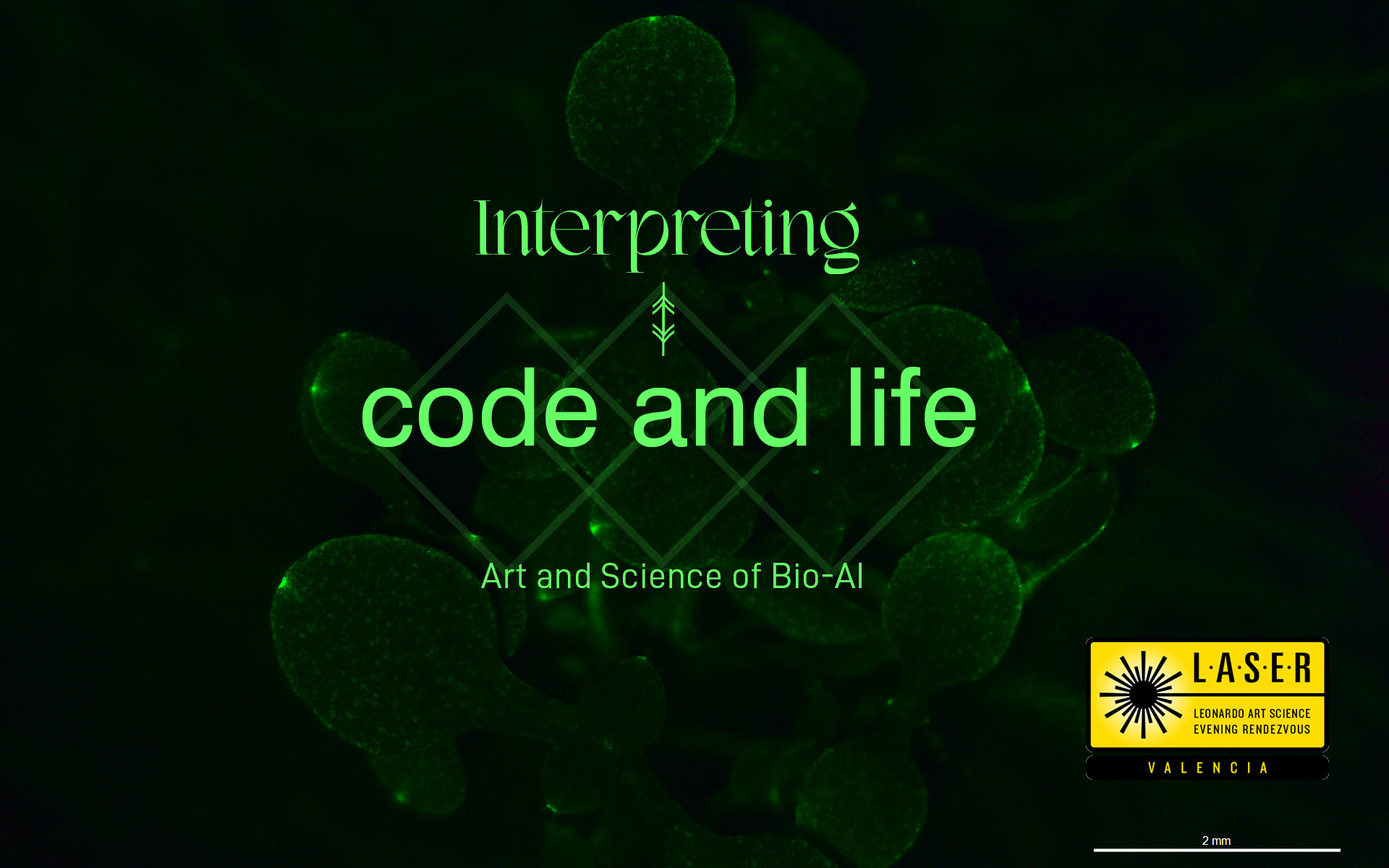
LASER VALENCIA
Interpreting code and life. Art and Science of Bio-AI
In this third edition in Valencia, the results of the AR(t)IBMCP call will be presented, we will analyze and discuss the art-science relationship from an interdisciplinary perspective, focusing on genetic expression, biochemistry of animals and plants, the use of technological tools such as AI and its impact on the artistic act. On this occasion, we will have as guests international and local representatives of great impact: Dr. Roger Malina, physicist and astronomer, executive editor of the journal Leonardo MIT Press, Dr. Ana Conesa, research professor at the Institute of Integrative Systems Biology (CSIC) in Valencia and professor at the University of Florida (USA), Dr. Carlos Castellanos, interdisciplinary teaching artist at the Rochester Institute of Technology (USA) and during the last months, artist in residence at the Artists in Residence Program of the UPV, call AR(t)IBMCP. The activity will close with an audiovisual performance by the interdisciplinary collective PDP11, presenting their project NO INPUT.
Moderates the session: María José MartÍnez de Pisón (UPV):
Chaired by Salomé Cuesta (UPV), Moises Mañas (UPV) y Guillermo Muñoz Matutano (UV)
Image cover credits: Carlos Castellanos
EVENT INFO:
- When: 21/10/2022 - 18:00 am (Valencia- Spain) Find your timezone here
- Where: CCCC- Centre del Carme de Cultura Contemporània
- Free admission
- Talk language: Spanish / English
SPEAKERS BIOS:
Dr. Roger Malina
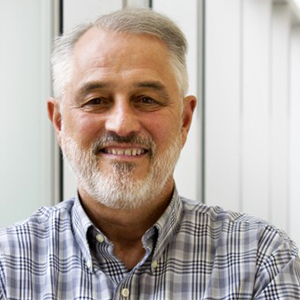 Roger Malina is a physicist, astronomer, Executive Editor of Leonardo Publications at MIT Press, distinguished professor at UT Dallas and Associate Director of Arts and Technology. His work focuses on connections among digital technology, science and art. He is Associate Director of the ATEC Program at The University of Texas at Dallas. Roger Malina obtained his BS in physics from Massachusetts Institute of Technology in 1972, and his PhD in Astronomy from the University of California, Berkeley in 1979. He was Principal Investigator for the NASA Extreme Ultraviolet Explorer Satellite at the University of California, Berkeley. He is former director of the Observatoire Astronomique de Marseille Provence (OAMP) in Marseille, and member of its observational cosmology group, which performs on investigations on the nature of dark matter and dark energy. He is a Directeur de Recherche in the CNRS at the University of Aix Marseille. Malina is president of the Association Leonardo in France, which fosters connections between the arts, sciences and technology, and has been the editor-in-chief of Leonardo Journal at MIT Press since 1982. He is a member of the Mediterranean Institute for Advanced Study (Institut Méditerranéen de Recherches Avancées, IMERA), an institute he helped set up. IMERA aims at contributing to interdisciplinarity and places emphasis on the human dimensions of the sciences. w: https://profiles.utdallas.edu/roger.malina
Roger Malina is a physicist, astronomer, Executive Editor of Leonardo Publications at MIT Press, distinguished professor at UT Dallas and Associate Director of Arts and Technology. His work focuses on connections among digital technology, science and art. He is Associate Director of the ATEC Program at The University of Texas at Dallas. Roger Malina obtained his BS in physics from Massachusetts Institute of Technology in 1972, and his PhD in Astronomy from the University of California, Berkeley in 1979. He was Principal Investigator for the NASA Extreme Ultraviolet Explorer Satellite at the University of California, Berkeley. He is former director of the Observatoire Astronomique de Marseille Provence (OAMP) in Marseille, and member of its observational cosmology group, which performs on investigations on the nature of dark matter and dark energy. He is a Directeur de Recherche in the CNRS at the University of Aix Marseille. Malina is president of the Association Leonardo in France, which fosters connections between the arts, sciences and technology, and has been the editor-in-chief of Leonardo Journal at MIT Press since 1982. He is a member of the Mediterranean Institute for Advanced Study (Institut Méditerranéen de Recherches Avancées, IMERA), an institute he helped set up. IMERA aims at contributing to interdisciplinarity and places emphasis on the human dimensions of the sciences. w: https://profiles.utdallas.edu/roger.malina
Dra. Ana Conesa
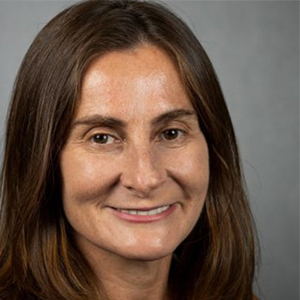 Ana Conesa is Research Professor at the Institute for Integrative Systems Biology (CSIC) in Valencia (Spain) and Courtesy Professor at the University of Florida. She graduated as Agricultural Engineer at the Polytechnical University of Valencia in 1993 and did her PhD in at the University of Leiden in the Netherlands. She held positions at the Prince Felipe Research Center. In 2022 she became member of the Spanish Royal Academy of Engineer and of the Board of Directors of the International Society for Computational Biology. Ana Conesa’s lab is interested in understanding functional aspects of gene expression at the genome-wide level and across different organisms. Her group has developed statistical methods and software tools that analyze the dynamics aspects transcriptomes, integrate these with other types of molecular data and annotate them functionally. A strong drive in her research is helping the genomics community to bridge the gap between data and knowledge by creating bioinformatics tools that everybody can use. A dozen of these tools involve the analysis of multi-omics datasets, such as PaintOmics, Qualimap, MultiML, MultiBac, RGmatch, etc. She has led large international projects such as STATegra and DEANN, in multi-omics analysis methods, and the LRGASP, a community-wide contest to assess the utilization of long reads sequencing for transcriptome research. w: http://conesalab.org
Ana Conesa is Research Professor at the Institute for Integrative Systems Biology (CSIC) in Valencia (Spain) and Courtesy Professor at the University of Florida. She graduated as Agricultural Engineer at the Polytechnical University of Valencia in 1993 and did her PhD in at the University of Leiden in the Netherlands. She held positions at the Prince Felipe Research Center. In 2022 she became member of the Spanish Royal Academy of Engineer and of the Board of Directors of the International Society for Computational Biology. Ana Conesa’s lab is interested in understanding functional aspects of gene expression at the genome-wide level and across different organisms. Her group has developed statistical methods and software tools that analyze the dynamics aspects transcriptomes, integrate these with other types of molecular data and annotate them functionally. A strong drive in her research is helping the genomics community to bridge the gap between data and knowledge by creating bioinformatics tools that everybody can use. A dozen of these tools involve the analysis of multi-omics datasets, such as PaintOmics, Qualimap, MultiML, MultiBac, RGmatch, etc. She has led large international projects such as STATegra and DEANN, in multi-omics analysis methods, and the LRGASP, a community-wide contest to assess the utilization of long reads sequencing for transcriptome research. w: http://conesalab.org
Dr. Carlos Castellanos
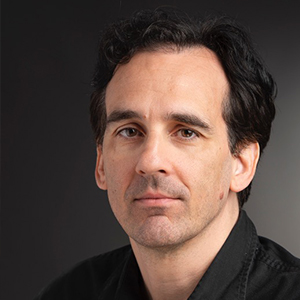 Carlos Castellanos is an interdisciplinary artist and researcher with a wide array of interests such as cybernetics, ecology, embodiment, phenomenology, artificial intelligence and transdisciplinary collaboration. His work bridges science, technology, education and the arts, developing a network of creative interaction with living systems, the natural environment and emerging technologies. His artworks have been exhibited at local, national and international events such as the International Symposium of Electronic Art (ISEA), SIGGRAPH & ZERO1 San Jose. He is also a founding member of Phylum, an interdisciplinary research collective working at the intersection of science, technology and the arts. Castellanos is Assistant Professor at the School of Interactive Games & Media (IGM), Rochester Institute of Technology. He holds a Ph.D. from the School of Interactive Arts and Technology (SIAT), Simon Fraser University and an MFA from the CADRE Laboratory for New Media, San Jose State University. w: https://ccastellanos.com/
Carlos Castellanos is an interdisciplinary artist and researcher with a wide array of interests such as cybernetics, ecology, embodiment, phenomenology, artificial intelligence and transdisciplinary collaboration. His work bridges science, technology, education and the arts, developing a network of creative interaction with living systems, the natural environment and emerging technologies. His artworks have been exhibited at local, national and international events such as the International Symposium of Electronic Art (ISEA), SIGGRAPH & ZERO1 San Jose. He is also a founding member of Phylum, an interdisciplinary research collective working at the intersection of science, technology and the arts. Castellanos is Assistant Professor at the School of Interactive Games & Media (IGM), Rochester Institute of Technology. He holds a Ph.D. from the School of Interactive Arts and Technology (SIAT), Simon Fraser University and an MFA from the CADRE Laboratory for New Media, San Jose State University. w: https://ccastellanos.com/
AUDIOVISUAL PERFORMANCE
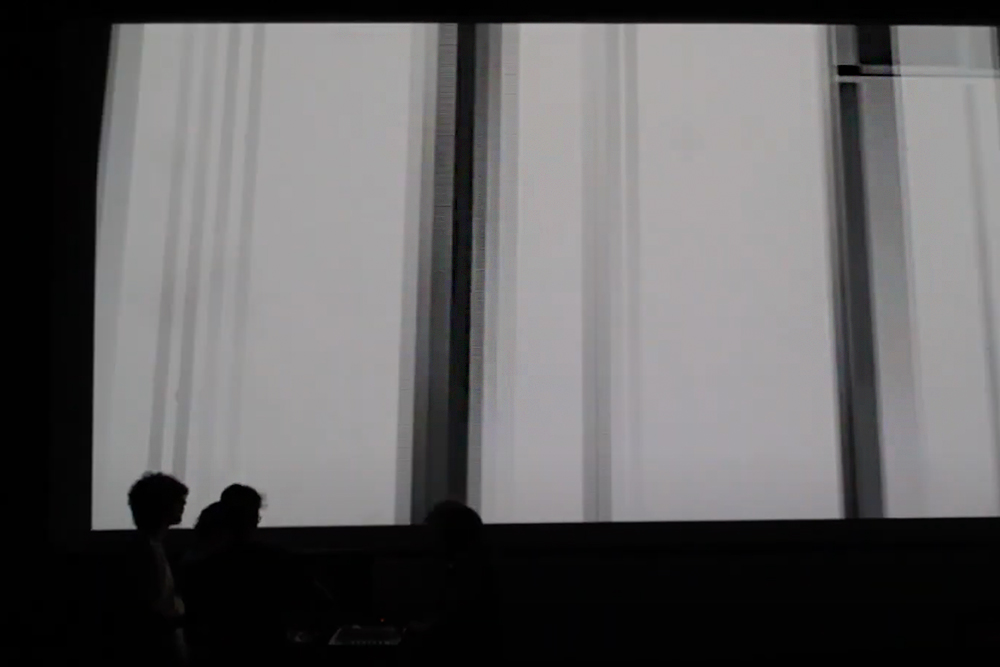
PDP11
The PDP11 collective is an interdisciplinary group whose main purpose is to establish an open platform for the experimentation of sound, image, movement and taste in its closest side to digital technology (https://www.pdp11.es).
NoInput is an audiovisual performance by the PDP1 collective, where sound and image are generated from the feedback of residual noise from the electrical signal. The sense of the performance is to propose a visual and sonorous contribution from the inexistence of signal or from a signal generated from the interference.
- Video Youtube: https://youtu.be/RzHNzeDBbFU
NoInput is a performance that is part of the results of the research project funded by the Ministry of Science and Innovation of Spain entitled "ARGOS. Audiovisual performances developed from sound and scenic space" (PID2020-116186RA-C32) with the participation of Carlos García Miragall, Francisco Sanmartin Piquer, Raul Leon, Jorge Dabaliña and Roser Domingo from the Universitat Politéncia de Valencia and Carlos Barberá from the Universidad de Alicante.
SPONSORS:
| Organized by: | |
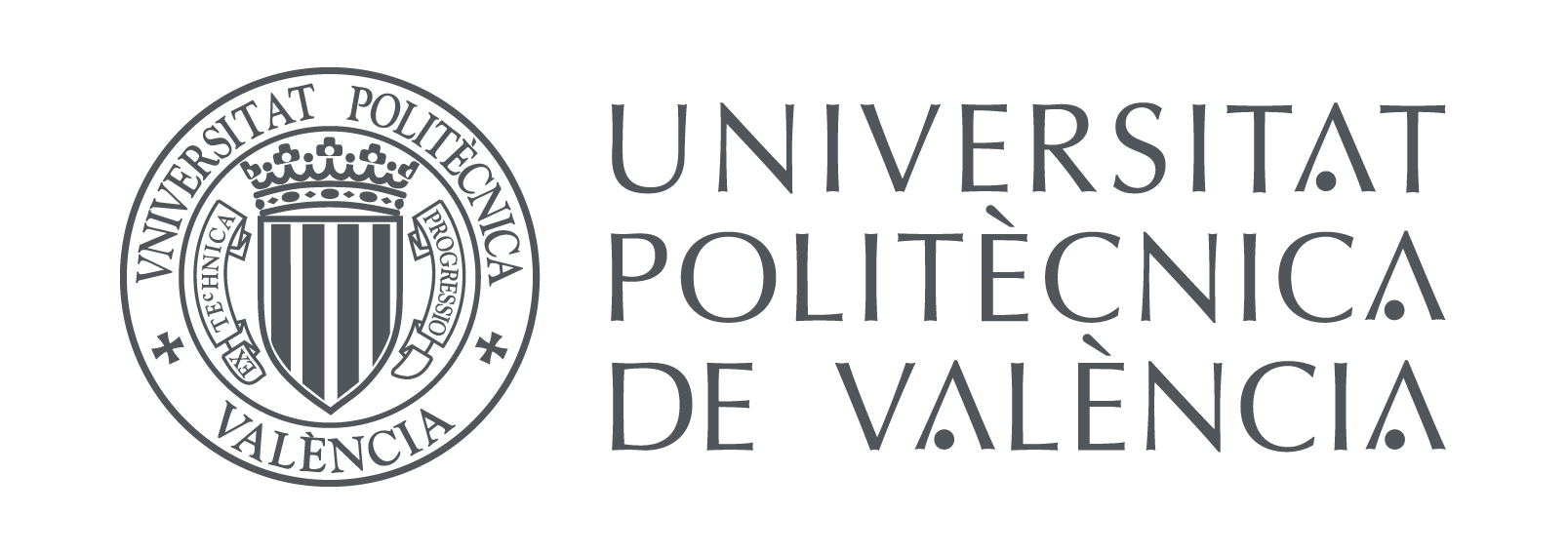 |
 |
 |
 |
| In collaboration with: |
|
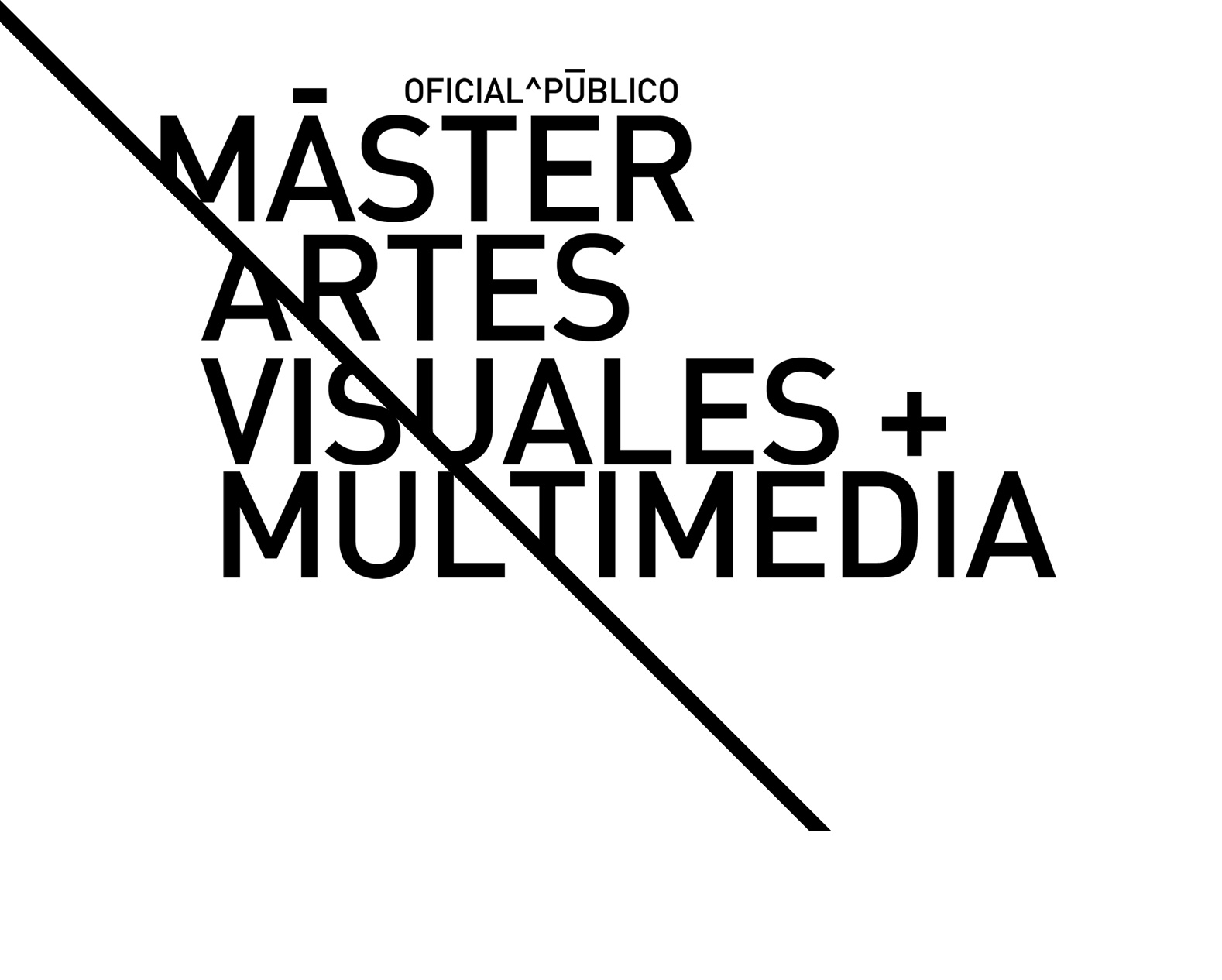 |
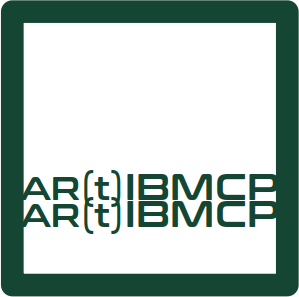 |
 |
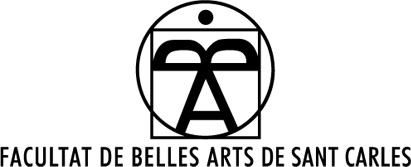 |
 |
The Leonardo/ISAST LASERs are a program of international gatherings that bring artists, scientists, humanists and technologists together for informal presentations, performances and conversations with the wider public. The mission of the LASERs is to encourage contribution to the cultural environment of a region by fostering interdisciplinary dialogue and opportunities for community building to over 50 cities around the world. To learn more about how our LASER Hosts and to visit a LASER near you please visit our website. @lasertalks
Valencia, V 46003
Spain
